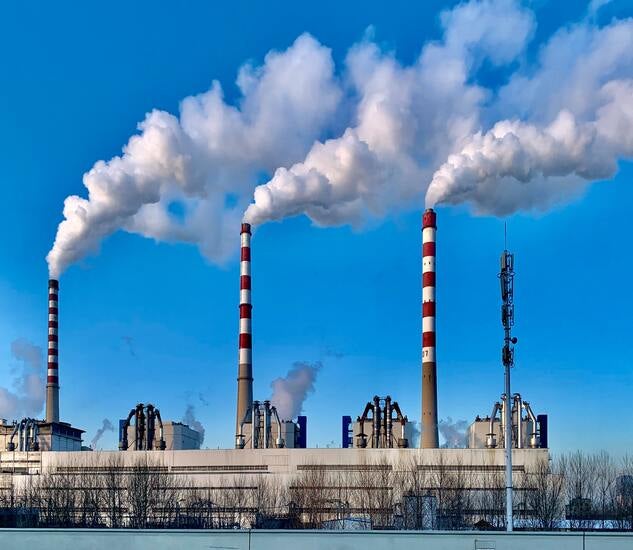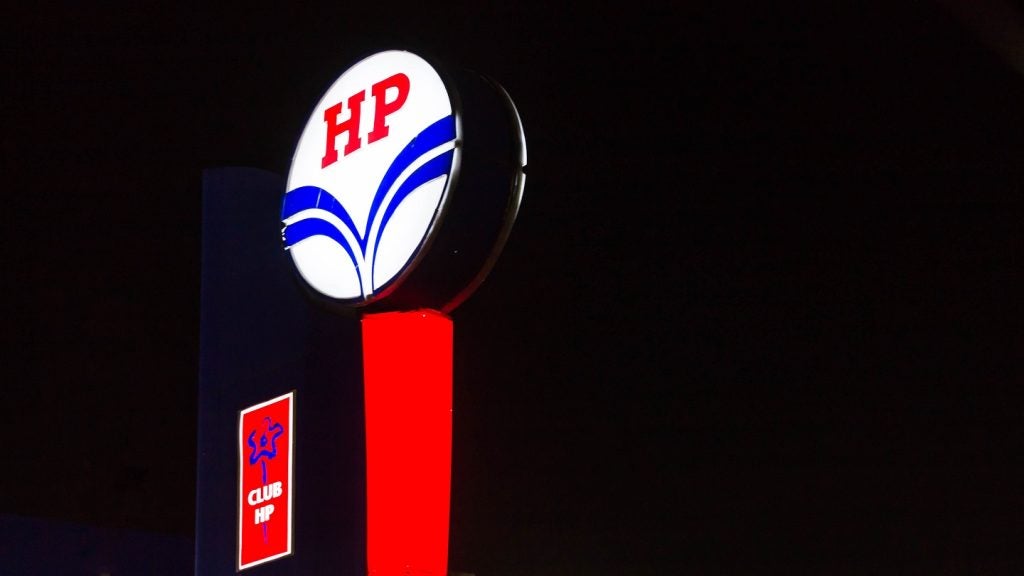
A report published by the Guardian today shows that 17 of the top 20 fossil fuel companies, whose exploitation of oil, gas and coal reserves is linked to one-third of the existent greenhouse gas emissions, are oil companies.
The Guardian report draws on analysis compiled by Richard Heede at the Climate Accountability Institute in the US and evaluates industry data between 1965 and 2017.
The 17 oil organisations named amongst the world’s worst carbon emitters are Saudi Aramco, Chevron, Exxon Mobil, National Iranian Oil, BP, Shell, Pemex, Petróeos de Venezuela, PetroChina, ConocoPhillips, Abu Dhabi National Oil, Kuwait Petroleum, Iraq National Oil, Total SA, Sonatrach, BHP Billiton and Petrobras.
Speaking to the Guardian Heede said: “These companies and their products are substantially responsible for the climate emergency, have collectively delayed national and global action for decades, and can no longer hide behind the smokescreen that consumers are the responsible parties.”
“Oil, gas, and coal executives derail progress and offer platitudes when their vast capital, technical expertise, and moral obligation should enable rather than thwart the shift to a low-carbon future,” Heede added.
How well do you really know your competitors?
Access the most comprehensive Company Profiles on the market, powered by GlobalData. Save hours of research. Gain competitive edge.

Thank you!
Your download email will arrive shortly
Not ready to buy yet? Download a free sample
We are confident about the unique quality of our Company Profiles. However, we want you to make the most beneficial decision for your business, so we offer a free sample that you can download by submitting the below form
By GlobalDataThe report claims that the 20 companies on the list have contributed to 35% of all energy-related carbon dioxide and methane worldwide, making 480bn tonnes of carbon dioxide equivalent (GtCO2e) since 1965.
These organisations have also accepted climate science, according to the report, and some have claimed to support the targets set out in the Paris agreement – to reduce emissions and keep global temperature rises to 1.5C above pre-industrial levels.
When the Guardian approached the 20 companies named in the polluters list, seven of them responded. Some argued that they were not directly responsible for consumer use of oil, gas or coal after they extracted it. Several disputed claims that the environmental impact of fossil fuels was known as far back as the late 1950s or that the industry collectively had worked to delay action.
To evaluate global impact, the research used company-reported annual production of oil, natural gas, and coal and then calculated how much of the carbon and methane in the produced fuels is emitted to the atmosphere throughout the supply chain, from extraction to end use.
The list aims to hold to account those companies most responsible for carbon emissions, and shift public and political debate away from just individual responsibility.
The report follows Shell’s recent offshore oil and gas lease sale in the US which attracted $244, 3mn and Petrobras’s $324mn sale of fields off the coast of the State of Rio de Janeiro.
It also aligns with The Paris Agreement, signed by 196 countries, which aims to keep global warming to below 2°C (3.6°F) to prevent the risk of heat waves, floods, ice-free Arctic summers, and habitat loss.





